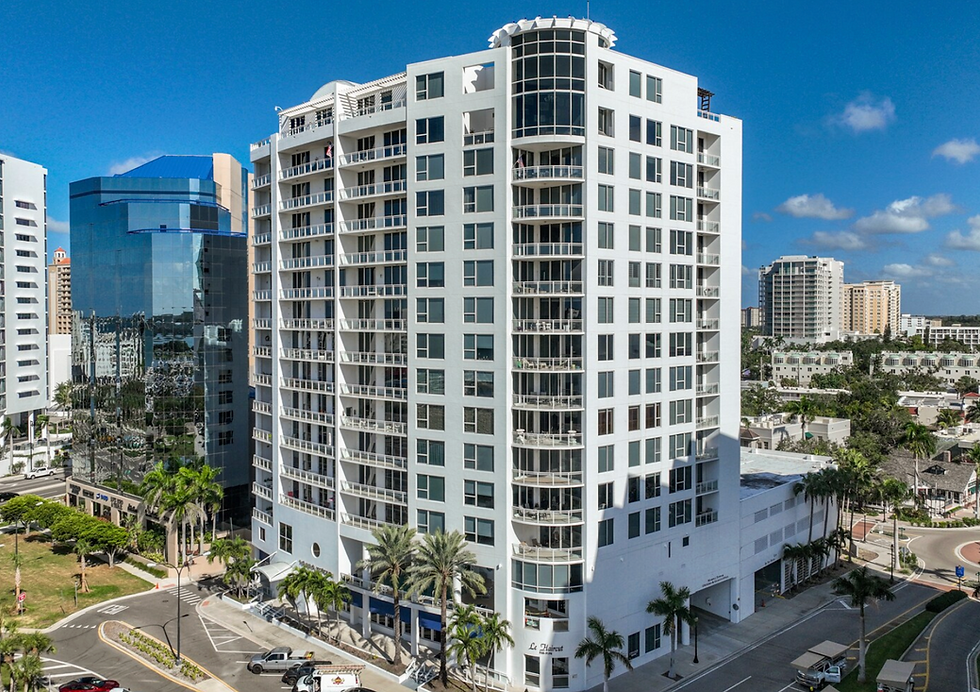Understanding the Role of Fannie Mae and Freddie Mac in Real Estate Funding
- MMCG

- Jan 8, 2025
- 3 min read

Fannie Mae (Federal National Mortgage Association) and Freddie Mac (Federal Home Loan Mortgage Corporation) are government-sponsored enterprises (GSEs) that play an essential role in the U.S. housing market. Their primary mission is to provide liquidity, stability, and affordability in the mortgage industry. They achieve this by purchasing mortgages from lenders, packaging them into mortgage-backed securities (MBS), and selling these securities to investors. This process allows lenders to free up capital, enabling them to issue more loans, thereby promoting homeownership nationwide.
Despite their foundational contributions, Fannie Mae and Freddie Mac have been subject to considerable scrutiny, particularly following the 2008 financial crisis. To stabilize the financial system during the crisis, both entities were placed under government conservatorship. Today, their future—whether to remain under federal oversight or to be privatized—is a subject of heated debate, with significant implications for shareholders, homebuyers, and the broader housing market.
The Recent Surge in Fannie Mae and Freddie Mac Shares
Recently, shares of Fannie Mae and Freddie Mac have experienced a significant surge. This spike has been driven by speculation that the incoming Trump administration may push for their release from government control. Investors are optimistic that such a move could unlock substantial value for shareholders. However, analysts caution that the path to privatization is likely to be challenging, with numerous political and market-related obstacles.
Challenges of Privatization
Privatizing Fannie Mae and Freddie Mac would require a combination of administrative and legislative action. The legislative component is particularly daunting, given the narrow Republican majority in Congress. Achieving bipartisan consensus on this issue would be difficult, especially since higher mortgage rates—an anticipated outcome of privatization—could further strain home affordability, a critical political issue.
Moreover, privatization would likely weaken the federal backing currently provided to these GSEs. This change could lead investors in mortgage securities to demand higher returns to offset increased risk. In turn, this would drive up borrowing costs for homebuyers, potentially raising mortgage rates by a quarter percentage point or more. Such a development could exacerbate existing affordability challenges and face significant political resistance.
The Political and Economic Landscape
Mortgage rates have already been climbing in tandem with rising Treasury yields, with Freddie Mac recently reporting an average rate of 6.91%, the highest in six months. An end to government conservatorship could push rates even higher, further compounding affordability issues in an already strained housing market.
Despite these concerns, recent developments have reignited investor enthusiasm. The Biden administration has outlined preliminary steps toward reducing federal control, while Trump’s potential return to office has renewed optimism for privatization efforts. However, the previous Trump administration failed to make meaningful progress on this front, underscoring the complexity and challenges of such an undertaking.
Further complicating matters are recent Supreme Court rulings that limit the authority of government regulators to act without congressional approval. These decisions make legislative backing essential for any significant changes to Fannie Mae and Freddie Mac’s status, adding another layer of difficulty to the privatization process.
The Investor Perspective
Despite the hurdles, the potential financial rewards for shareholders remain a strong motivator. Successful privatization could dramatically increase the value of Fannie Mae and Freddie Mac shares. For example, investor Bill Ackman recently projected that a 2026 public offering could value the companies at $31 per share, provided the government reduces its equity stake.
However, past attempts to privatize these GSEs have often resulted in disappointment. Over the last decade, multiple efforts have faltered, raising questions about whether the current optimism is justified. Analysts at DoubleLine, a prominent investor in mortgage securities, have expressed skepticism, warning of the significant risks and uncertainties involved in the privatization process.
Conclusion
The future of Fannie Mae and Freddie Mac represents a critical intersection of economic policy and political realities. While privatization has the potential to unlock significant shareholder value, it also poses considerable risks that could ripple through the housing market, impacting mortgage rates and affordability. Policymakers, investors, and stakeholders must carefully navigate these challenges to strike a balance between financial interests and the broader goal of housing market stability. As the debate continues, the fate of these GSEs remains uncertain, reflecting the complexity of resolving one of the most significant issues in the U.S. real estate market.
January 8, 2025, Collective fo authors of MMCG Invest, LLC




Comments